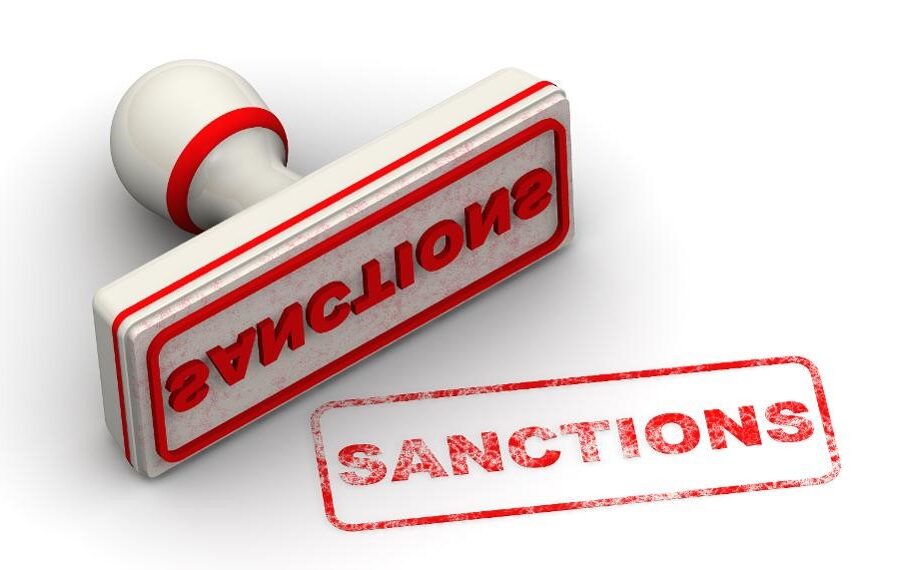To prosecute a public servant, a sanction by the respective government or the authority, to which the public servant is subject to is necessary. The most usual provisions for sanctions of such type are found under Section 197 of the Code of Criminal Procedure, 1973 and under Section 19 of the Prevention of Corruption Act, 1988. However, both the provisions have a basic difference in their scope and applicability.
Sanction as required under Section 197 CrPC
The Section makes it mandatory that no court shall take cognizance of an offence where a judge, magistrate or a public servant is charged for an act or abstinence alleged to have been committed by him in the discharge of his official duty, which is claimed to constitute an offence, without the prior sanction from:
- the Central Government, in case of a person who is employed or was at the time of commission of the alleged offence employed, in connection with the affairs of the Union.
- the State Government, in case of a person who is employed or was at the time of commission of the alleged offence employed, in connection with the affairs of a State.
Sanction as required under Section 19 Prevention of Corruption Act
It lays down that no court shall take cognizance of an offence punishable under Sections 7, 11, 13 and 15, alleged to have been committed by a public servant, except with the previous sanction from:
- in the case of a person who is employed, or as the case may be, was at the time of commission of the alleged offence employed in connection with the affairs of the Union, and is not removable from his office save by or with the sanction of the Central Government, of that Government.
- in the case of a person who is employed, or as the case may be, was at the time of commission of the alleged offence employed in connection with the affairs of a State, and is not removable from his office save by or with the sanction of the State Government, of that Government.
- in the case of any other person, of the authority competent to remove him from his office.
Difference between the provisions
In order to differentiate between the provisions, we must go through a notable judgment by the Hon’ble Supreme Court of India, that is titled as A. Sreenivasa Reddy vs. Rakesh Sharma, 2023 INSC 642.
The bench of Justice B.R. Gavai and Justice J.B. Pardiwala ruled out three basic differences between both these provisions, that are as follows:
- Section 197 applies only to the public servants who are removable from their office only after the sanction obtained by the Central Government or the State Government, as applicable. Whereas, Section 19 applies even to those public servants who are removable by an authority without any previous sanction of the Central or the respective State Government.
- The provisions of Section 197 are attracted even after the retirement of the public servant to whom the Section applied while he was holding the office, if a complaint against him has been filed for an action taken by him while discharging his official duties, when h was holding the office. Whereas the provisions of Section 19 PC Act do not apply once the public servant has retired from his office.
- The provisions of the PC Act are applicable with an overriding effect (by the virtue of PC Act being a special legislation), when a person commits any offence under Sections 7, 10, 11, 13 or 15 of the Act. Whereas, the provisions of Section 197 CrPC applies as a general exceptional procedure in case of public servants not removable from their office without prior sanction of the government, acting in discharge of their official duties, and while doing so, they commit any offence punishable under the IPC or under any other law in force, to which the provisions of CrPC apply.
Thus, when we deal with these provisions, which provide for mandatory sanctions by the government before taking cognizance of the offence by the court, we must have mind the difference between these provisions for the sanction.
Contributed by – Adv. Shivam Mani Tripathi

